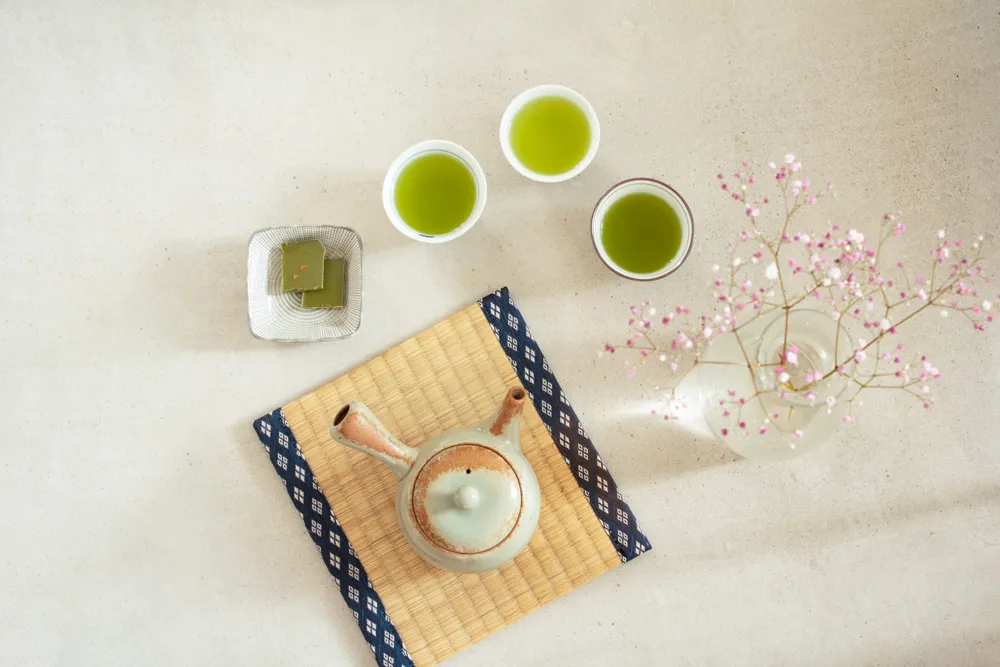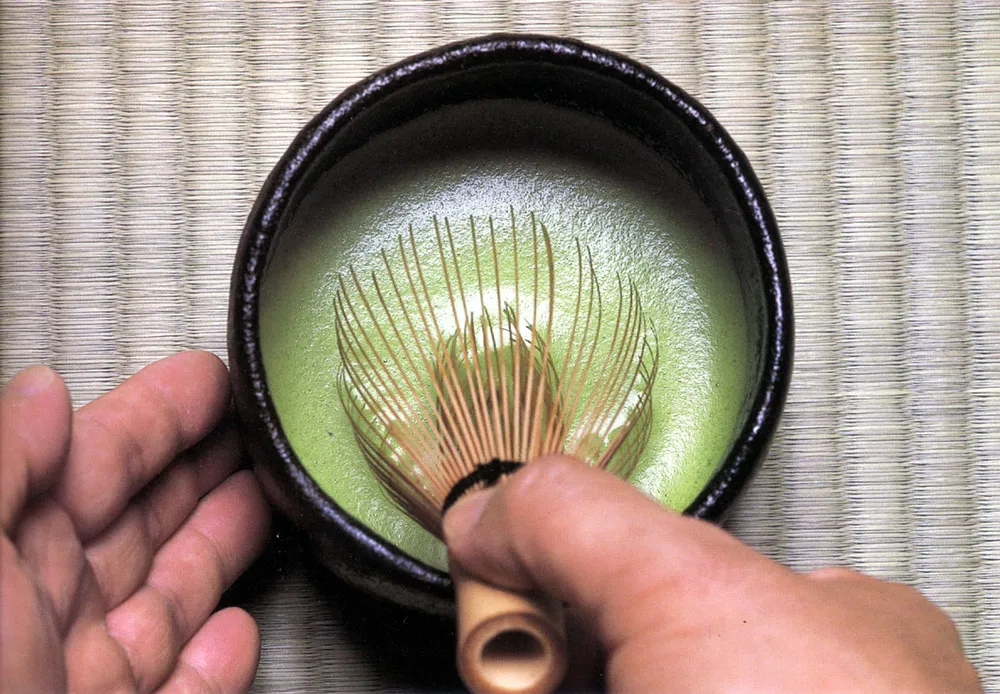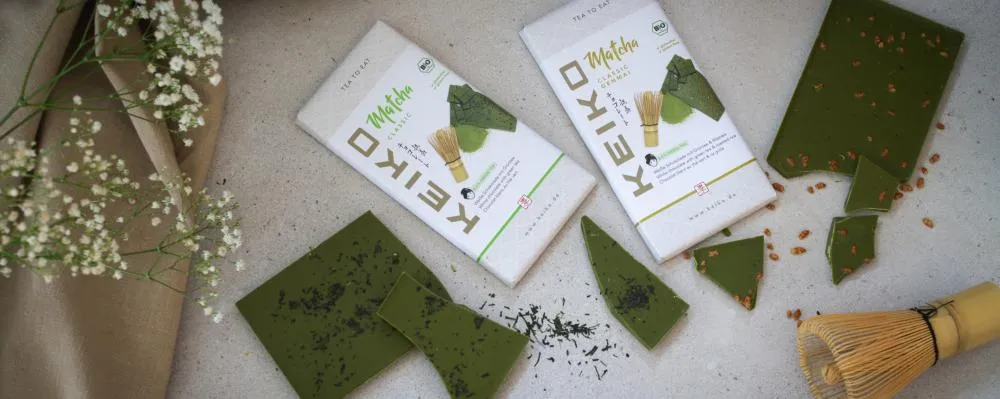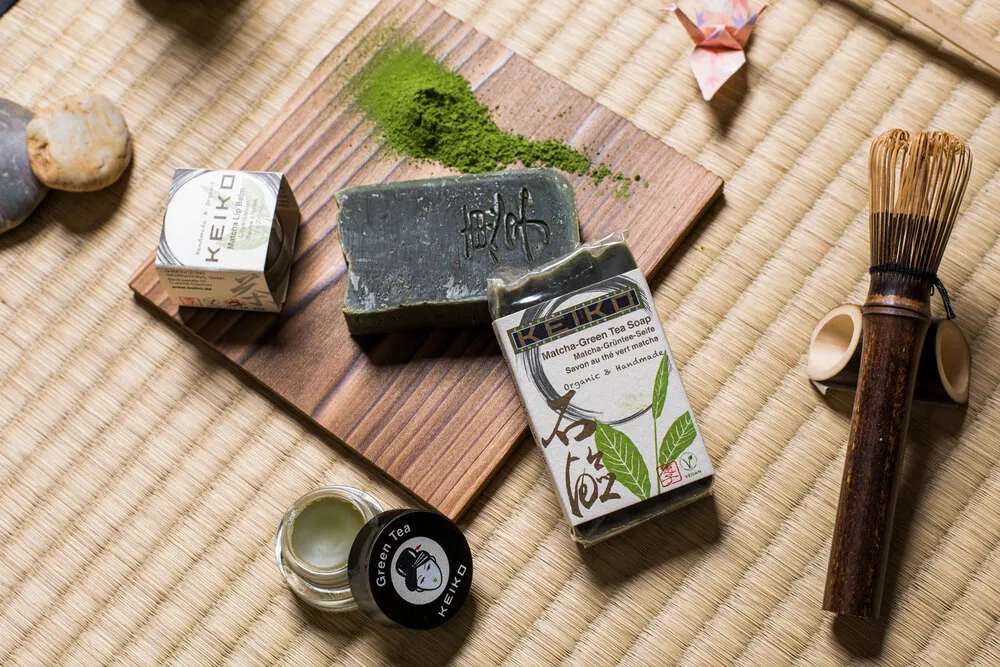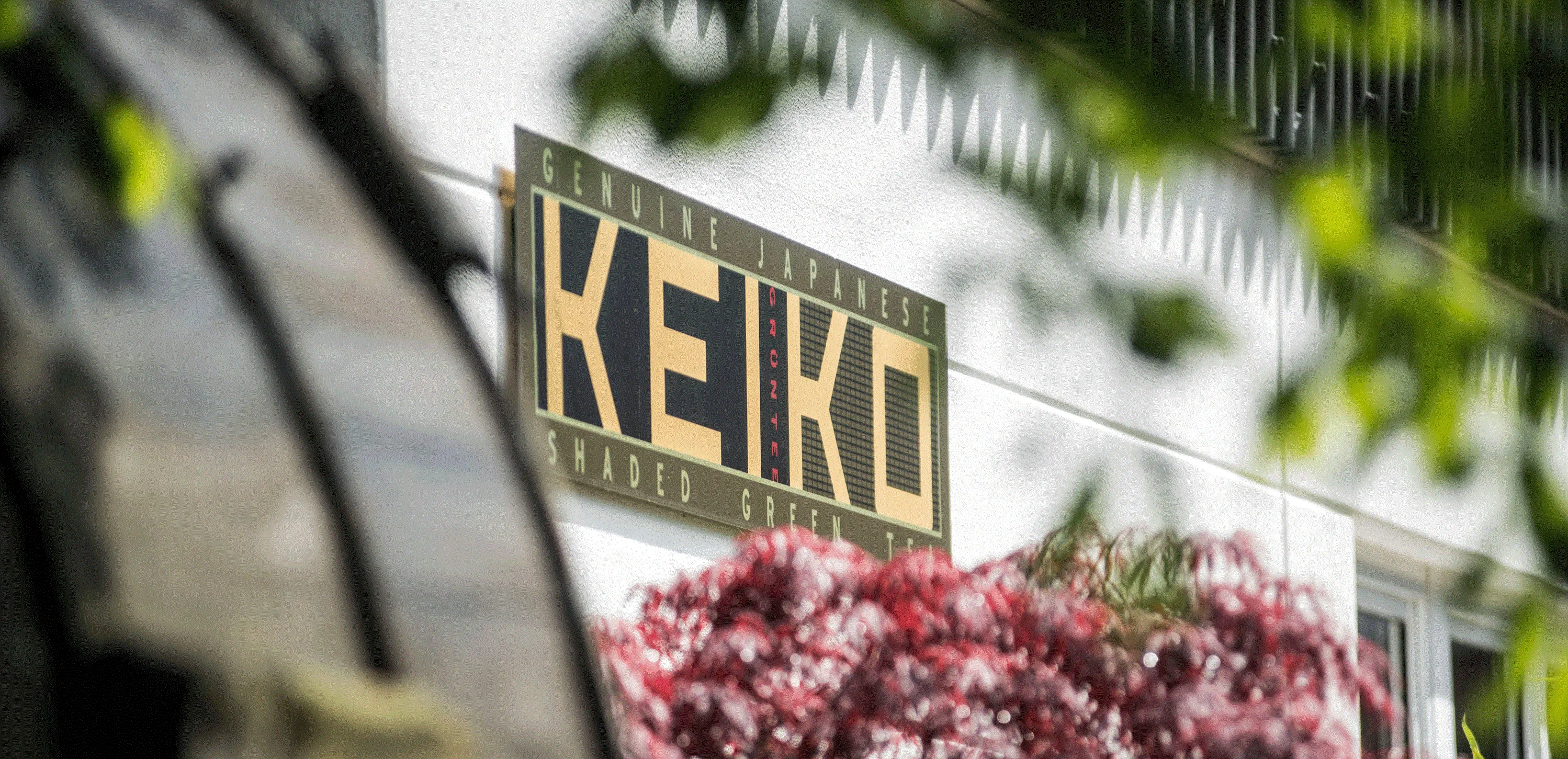KEIKO History
When Markus Hastenpflug tasted a bowl of tea at a trade fair organised by our current partners in Japan in October 1991 it was clear that he had to bring this product to Germany. As a passionate tea drinker, he had already tested everything he could get his hands on on the German market in terms of green tea. But these flavours, this effect and this colour were new.
No wonder, green tea was still virtually unknown in Germany at the time and the question of organic tea was ridiculed in Japan. But it was clear from the start - it was either organic or not at all, and we are extremely lucky to have found open-minded partners in the Shimodozono family who were happy to take on this challenge. This shared conviction resulted in the best green organic quality and a strong partnership.
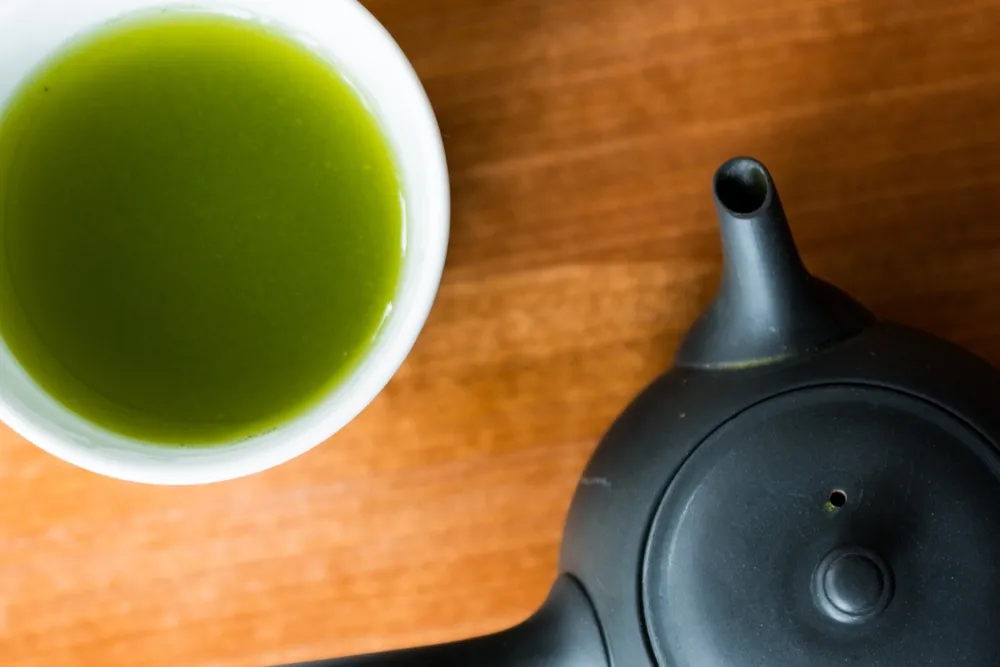
Since his school days, Markus Hastenpflug had drunk his way through all the available teas and was particularly looking for a green tea, as described in the book described in the book "Wunderdroge Grüner Tee" ("the wonderdrug green tea").
But he had never experienced a colour and aroma like that of the tea that Hiroshi Shimodozono was now serving him. For the first time, he encountered a tea with a velvety, grassy flavour, an incredibly fresh aroma (jap. "0oika") and a bright, intense green, which is now a key trademark of KEIKO tea.
Markus Hastenpflug was just starting his career at a natural food manufacturer and his colleagues were astounded when "the new guy" received a large parcel from Japan a few weeks after the trade fair.
Markus Hastenpflug and his colleagues were particularly impressed by the high extract content resulting from the intensive steaming process, which made all the ingredients and flavours of the tea available.
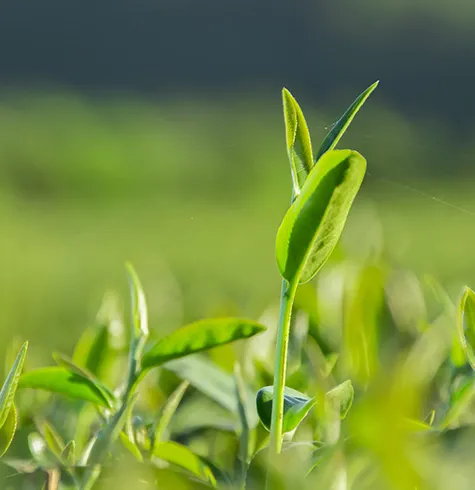
1992 Conversion to organic farming
At the time of the trade fair, Hiroshi's wife Keiko had already persuaded the first Shimodozono farmers to try out organic farming in some of their fields, as she herself did not want to drink tea treated with pesticides and chemical pesticides for health reasons. Markus Hastenpflug also emphasised from the outset that the tea had to be of organic quality. The order from the natural food wholesaler was accompanied by certification of the first tea fields with the label "Organic in conversion" and the first order of the fine Shimodozono tea finally reached Germany the following year.
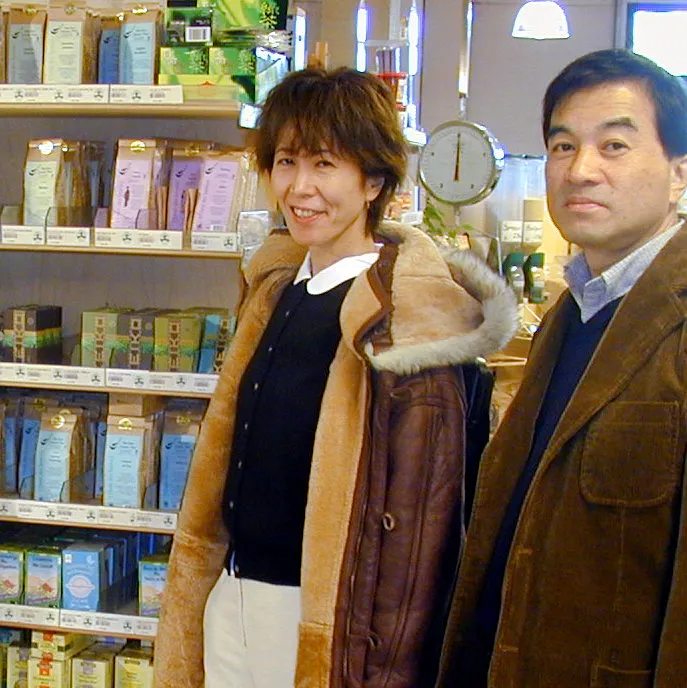
1997 Company foundation
Markus Hastenpflug sets up his own company, Shimodozono International GmbH, and sells the tea under the KEIKO brand - named after Keiko Shimodozono, an organic pioneer who played a leading role in Shimodozono's transition to organic tea cultivation.
The picture shows Keiko and Hiroshi Shimodozono on a visit to Europe with the first KEIKO teas on the shelves.
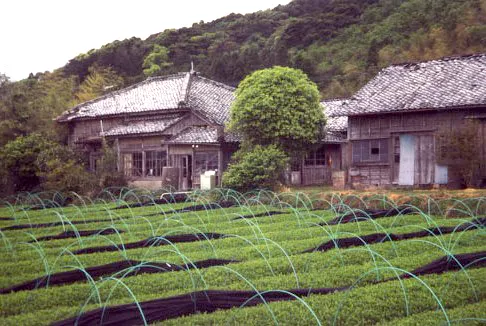
2001 Origin of the Biofarm
At the turn of the millennium, Shimodozono in Japan had the opportunity to acquire a disused, very pristine tea garden of around 10 hectares from a retired tea farmer friend with no successor. Under the expert management of Shunichi Matsuzaki, this tea garden is converted into a "KEIKO organic farm". In addition to its own tea cultivation, a tea research area with training facilities for tea farmers is also created here. Today, the farm has its own selection of 14 tea cultivars, its own organic cultivation and processing methods and its own quality standards.
The result is what makes KEIKO tea so unique today!
In addition to the teas from the organic farm, KEIKO teas also use teas from long-standing Shimodozono contract farmers.
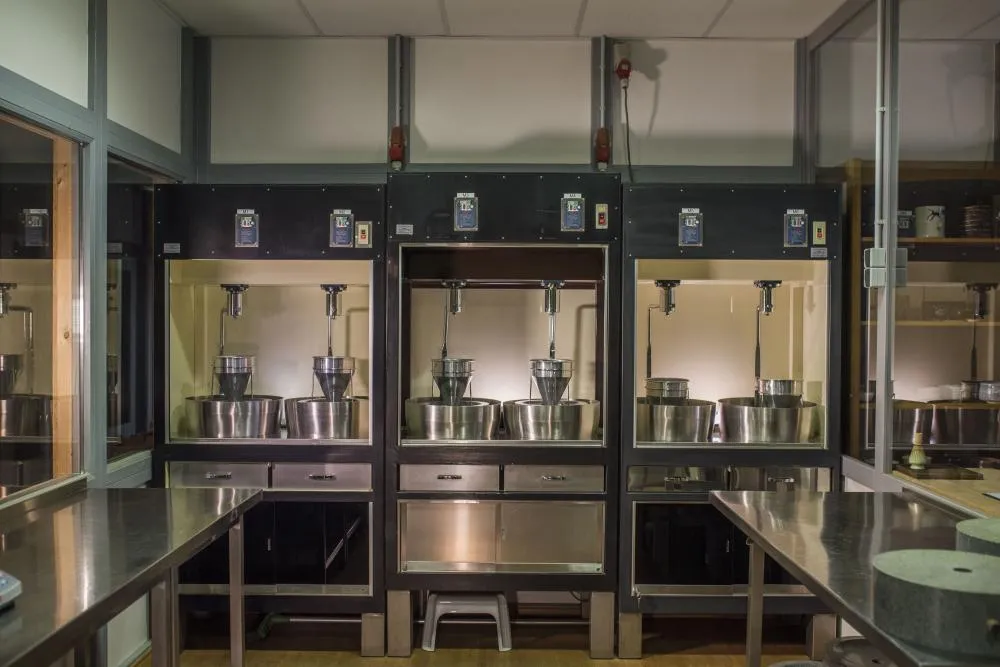
2012 Matcha production in Diepholz
A pleasure that was previously only possible in Japan - matcha powder fresh from the mill! Europe's first and still only granite matcha mills are moving to Diepholz.
KEIKO Matcha is now produced fresh and locally from Japanese tencha leaves in the traditional way. This is an invaluable advantage over matcha which, after being ground, travels the world's oceans for months before ending up in the tea bowl.
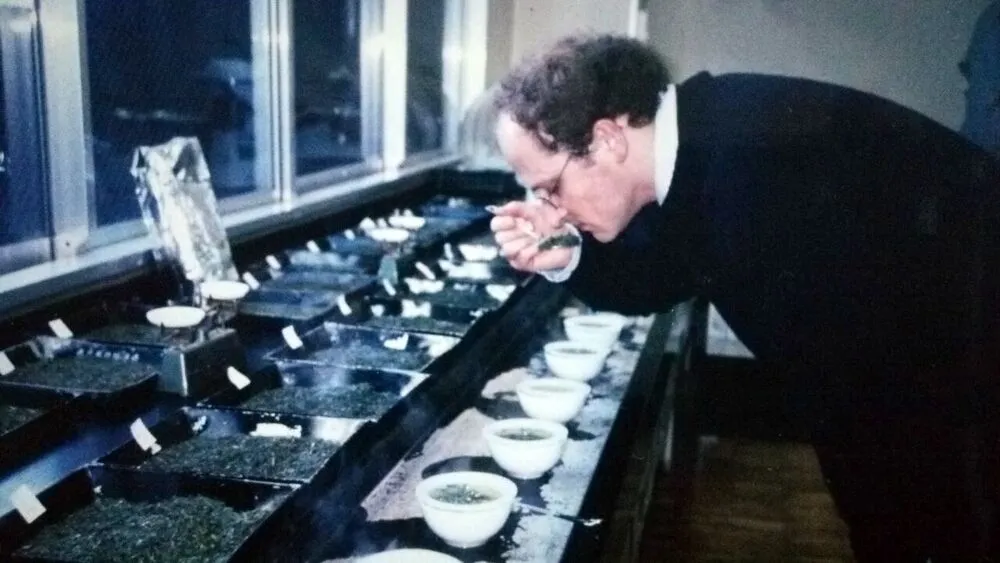
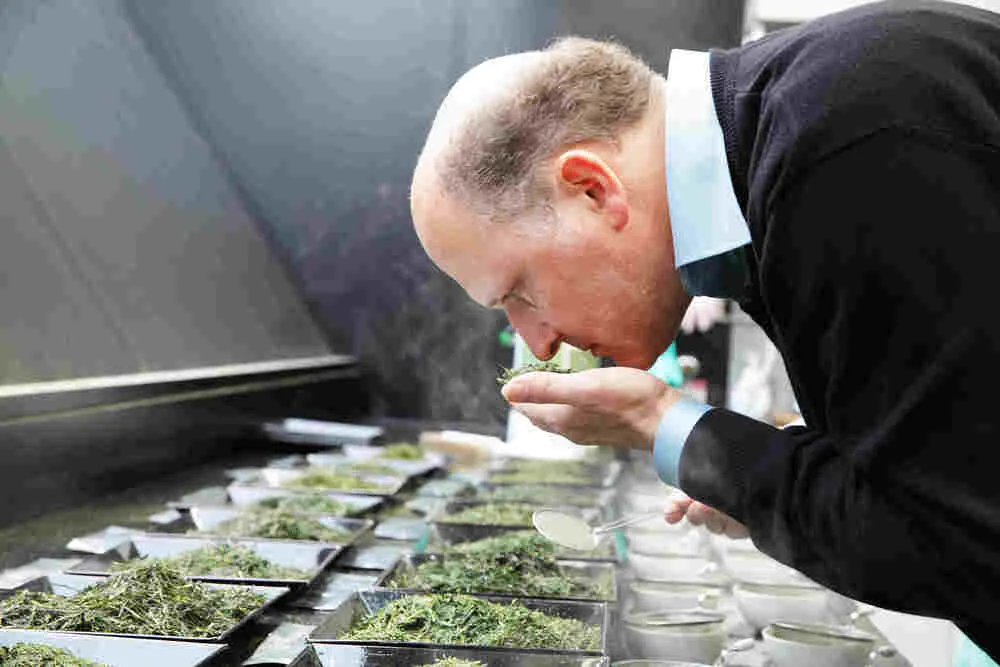
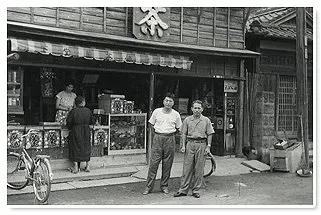
Our mother company in Japan
Shimodozono Co. LTD was founded in 1954 by Minoru Shimodozono, who appointed his son Yutaka Shimodozono as managing director in 1980, while his second son Hiroshi continued to attract new customers to these unusual teas from Kagoshima. The name Shimodozono stands for "guardian of the lower temple gardens". Today, the company is run by Yutaka's daughter Mami Shimodozono.

